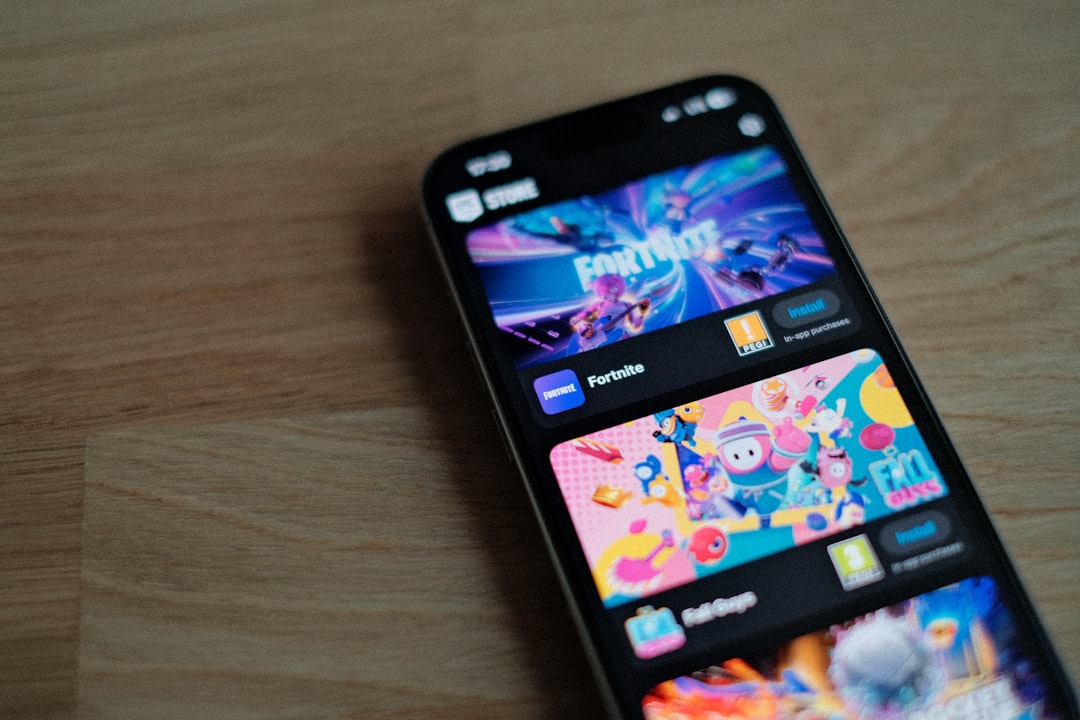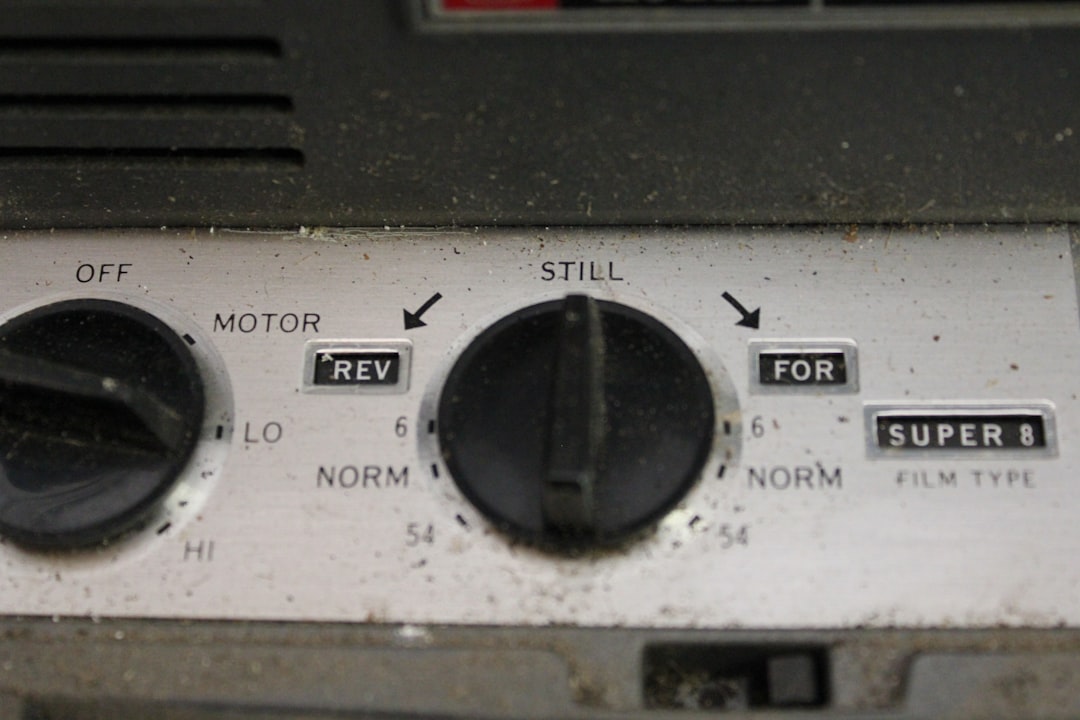Ever tried to download a movie and got confused by the speed? Was it in Mbps or MBps? What do all these letters mean?! You’re not alone. Many people get baffled by Mb and MB. One little letter makes a big difference. Let’s break it down, have some fun, and clear the air!
Meet the Twins: Mb and MB
They look similar, but they are NOT the same. In fact, they are quite different.
- Mb stands for Megabit
- MB stands for Megabyte
See that tiny capital “B”? That changes the whole meaning!
So What’s a Bit Anyway?
A bit is the smallest piece of data. It’s either a 0 or a 1 — that’s it. Computers are like giant machines that read a LOT of these: 01010101 all day long.
And a Byte?
A byte is made of 8 bits. Think of a byte as a tiny box that holds 8 pieces (or bits) of information.
So when you say 1 Megabyte (1 MB), you’re talking about 8 Megabits (8 Mb).
Let’s summarize it:
- 1 byte = 8 bits
- 1 MB = 8 Mb
Remember that: 1 MB is 8 times bigger than 1 Mb!
How Does It Matter in Real Life?
Here’s where things get interesting. Ever looked at your Netflix or YouTube streaming quality? Or checked your internet speed on a speed test? Have you seen something like “100 Mbps”? That’s Megabits per second.
But you download files in Megabytes. Wow! So if your internet speed is 100 Mbps, that doesn’t mean you’ll download 100 MB every second. Nope. Divide that by 8!
Here’s the quick math:
- 100 Mbps ÷ 8 = 12.5 MBps
So you’d download about 12.5 Megabytes per second. Still fast. But not as mind-blowing as 100 MBps!

Where Do You See Mb and MB?
Let’s see where each of these shows up so you know what you’re looking at.
Things Measured in Megabits (Mb):
- Internet speed (like 50 Mbps)
- Live video streaming bitrates
- Wi-Fi connection speeds
Things Measured in Megabytes (MB):
- File sizes (music, photos, videos)
- Downloads and storage
- Hard drive space
Pro tip: Internet providers LOVE to advertise speeds in Megabits. It sounds faster!
Analogy Time! Let’s Talk Buckets and Drops
Think of a bit as a tiny drop of water. Now, a byte is like a cup made from 8 drops.
Now imagine a Megabit (Mb) as a small bucket filled with 1 million drops. A Megabyte (MB) is a big bucket with 1 million cups — that’s 8 million drops!
So if your internet gives you water speed in “drops per second,” but your bottle collects “cups,” the numbers will seem different.
That’s why when your download says “50 Mbps” (Megabits per second), your file might not arrive as fast as you hoped—because you’re counting in larger “cups” (Megabytes).
Quick Comparison Chart
| Feature | Mb (Megabit) | MB (Megabyte) |
|---|---|---|
| Used for | Speed | File Size |
| Capital Letter | Lowercase b | Uppercase B |
| 1 of These Equals | 1/8 of an MB | 8 Mb |
| Common Example | Home internet: 100 Mbps | Photo file: 5 MB |
Why It’s Important for You
If you know the difference, you can:
- Pick the right internet plan
- Estimate your download times better
- Get smarter with data usage
Let’s say you want to download a 1 GB (Gigabyte) movie. If your speed is 80 Mbps:
- 80 Mbps ÷ 8 = 10 MBps
- 1 GB = 1024 MB
- Time to download = 1024 MB ÷ 10 MBps = about 102 seconds
See? Not so hard when you break it down.
Wait! There’s Also GB and Gb?
Yup, it doesn’t stop at Megas. It gets bigger!
- Gb = Gigabit
- GB = Gigabyte
Same rule: 1 Byte = 8 bits.
So:
- 1 GB = 8 Gb
- 1 Gb = 0.125 GB
Speed is often in Gbps (Gigabits per second). Storage is in GB.
Keep an eye on the little “b” or “B”. It tells you everything you need to know.

Tips to Never Confuse Mb and MB Again
- “b” = bit = speed
- “B” = Byte = file size
- Divide bits by 8 to get Bytes
- Download speeds are always slower than advertised unless you account for the bit-to-byte switch
The difference might seem small, but it really adds up over big downloads or streaming sessions.
In a Nutshell
Don’t let the tiny letter trick you. Mb and MB are not the same.
- Mb: Megabit — used to measure speed
- MB: Megabyte — used to measure size
Know how they play together, and suddenly the internet world makes way more sense!
So the next time someone says they get “200 Mbps internet”, give them a wink and say, “Ah, so about 25 Megabytes per second, huh?”
Now you’re the expert. And it all started with a little letter.